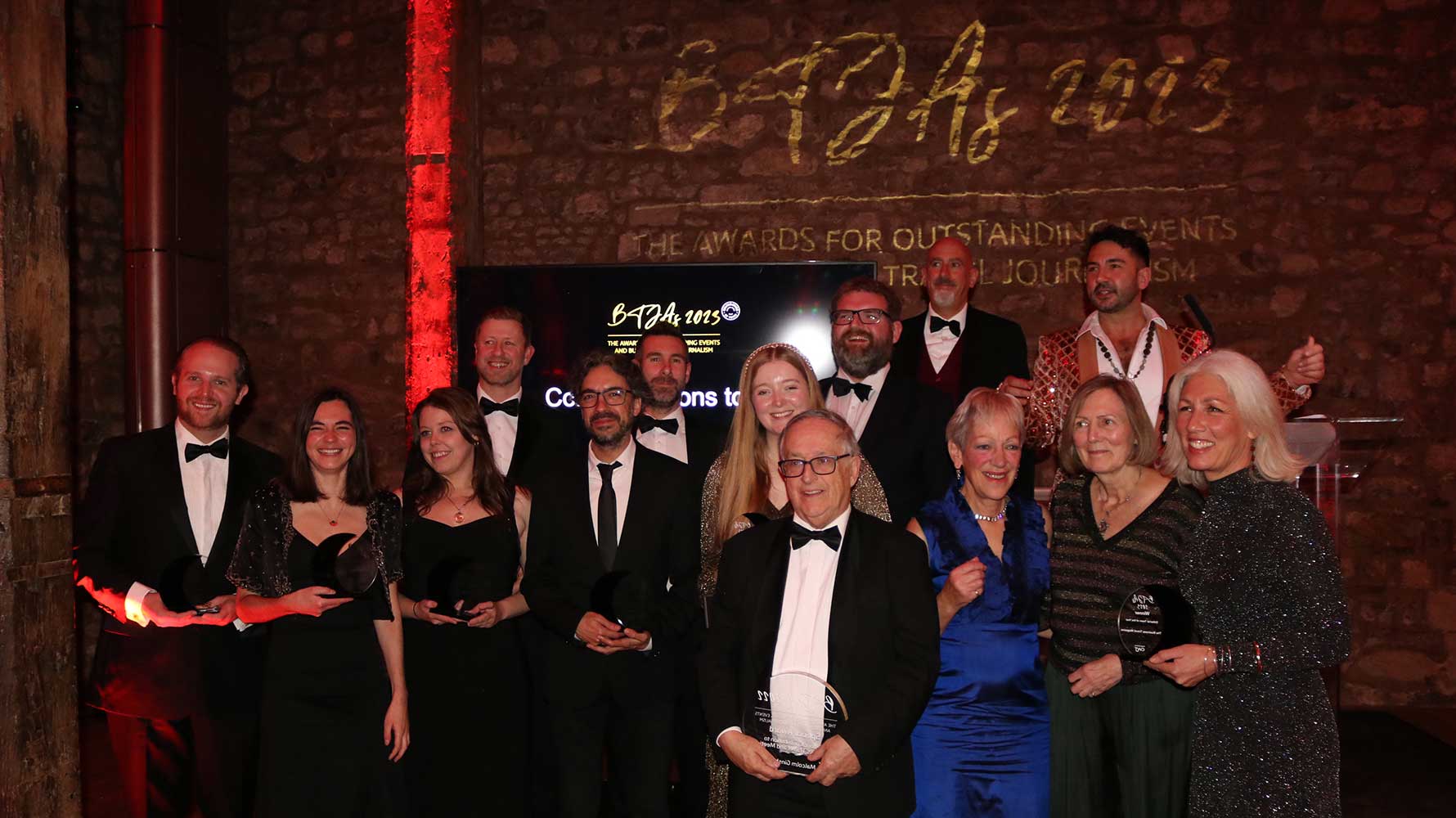Pop culture loves a catch phrase. We’ve had a post-Covid ‘great resignation,’ ‘quiet quitting,’ and the ‘war for talent’ following a full reversal of hybrid and remote working by some organisations. There’s a new term doing the rounds coined by productivity author Cal Newport: The Great Exhaustion.
Newport professes that a steep rise in how much time the average knowledge worker uses digital communication has led to collective fatigue. He cites a report from Microsoft which finds that its users now spend a whopping 60% of their time using digital communication tools—e-mail, chat, and videoconferencing—with only the remaining 40% left for “creation” software such as Word or Excel. One in four workers studied spends the equivalent of a full workday (almost nine hours) each week on e-mail alone.
We all know the frustration of jumping from one call straight to another, getting to late afternoon before there’s headspace to produce tangible work. And then there’s the cumulative fatigue of recovering from the pandemic years, slimmed down teams and the resulting extra workload, inflation and existential questions around the impact of AI and how on earth we go about managing this transition in our day-to-day.
Smart spending for purposeful in-person meetings
Inflation is yet to ease up, an ongoing concern for travel buyers. But given the isolation and digital burnout threatening the wellbeing of employees, is it wise to slash travel to save cash? Understanding the financial pressures facing organisations, a new travel budget calculator by CWT gives travel buyers full visibility of their travel budget allowing them to allocate spend across categories in real-time. The calculator helps to stretch budgets and free up funds effectively irrespective of continued pricing uplift.
CWT and GBTA’s Global Business Forecast forecasts the average cost of airfares to rise 1.8% in 2024, hotel 3.6% and ground transportation 2.1%. The cost of travel is high, but the cost of burnout to today’s employees is significantly higher than a pricey airfare. A burned-out employee costs $3,400 out of every $10,000 in salary through disengaged and less productive work according to Gallup’s 2023 State of the Global Workplace.
Real life, real connections
The antidote to digital burnout, of piecing together information from disparate DMs and emails - of a team call with 20 tiny faces on it - is human connection. It’s social interaction. When timed well, seeing colleagues for the occasional in-person gathering is worth its weight in gold for benefits to motivation, communication, and cohesiveness throughout the year – especially for globally dispersed teams.
Business trips have historically been relegated as a ‘cost of doing business.’ If not directly linked to sales, vital operations and client relations it’s hard to determine if your budget is being used wisely, and even harder to justify internal trips as an investment to senior leadership.
Yet forward-thinking companies are seeing the value of connecting remote teams. Travel has the potential to increase job satisfaction, employee engagement and revenue growth with face-to-face interactions 34 x more successful than an email.
“The one thing that we keep talking about internally is purposeful travel to justify the cost of a trip,” Tracey Horrocks, Director Travel, Fleet & Meetings at GE Healthcare tells CWT, “Because of the dispersed workforce we’re seeing more 15 – 50 person meetings so teams can get together.”
Echoing the trend for purposeful gatherings CWT Meetings & Events managed more than 2.2 million people attending 15,810 events in 2022, across six continents which jumped to more than 30,000 events in 2023, many of them team incentives.
There’s an art and science to business travel decision-making
There’s an art to deciding when and how to get teams together but how do you leverage data to sell the productivity benefits of “non-critical” travel to senior leaders and help counteract ‘the great exhaustion’ among your workforce?
“The idea of traveler wellbeing has been vague,” says Richard Johson, Global Head of CWT Solutions Group, “it's very difficult to quantify. We can get behind the idea of traveler wellbeing and want to build traveler-friendly programs but don't use the data points more specifically to measure that in our programs even though travel-focused experiences improve our mental and physical state, reducing the negative factors in the process, and stimulating our creativity.”
CWT Solutions Group consults clients using a wellbeing index based on transaction data placing an impact score on the factors that matter most to travelers including cabin class, flight and layover time, and weekend travel.
In a CWT roundtable about the cost of travel, Head of Travel Jon Bolger echoes the importance of data, “Data doesn’t necessarily tell you the answer, but it tells you where you need to direct your thoughts and your efforts and read patterns. For example, do you have to go business class both ways? We’ve noticed that destinations that weren't in our top 10, two or three years ago now are so we need to look and understand that. What is the data pointing towards? You need to be able to frame and shape that and answer the ‘so what?’ question. Once you have the data you need to communicate it in different languages. Learn CEO -speak, COO-speak, and CFO-speak. They all want the same thing, but they need it in different languages. Data gives you opportunities to bring leadership the answer to problems they don't know they have. It’s about showing ways to enable people to return a 6-to-1 back into your business. This is not a wooden dollars exercise,” says Bolger.
It’s notoriously challenging to calculate the ROI of business travel. Now that reams of data on flight, hotel, and ground transportation bookings, and benchmarking are available it’s an easier sell. Knowing how your budget translates into air, hotel and ground transport allocation and using data to consider purpose, wellbeing and sustainability can transform ‘The Great Exhaustion’ into ‘The Great Energizer.’
Assess your spend and allocate your budget wisely using our calculator.




